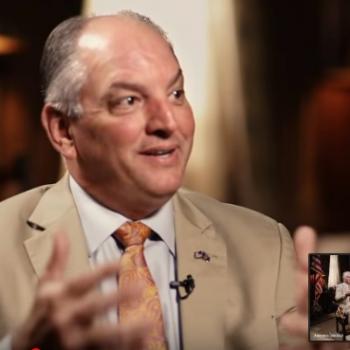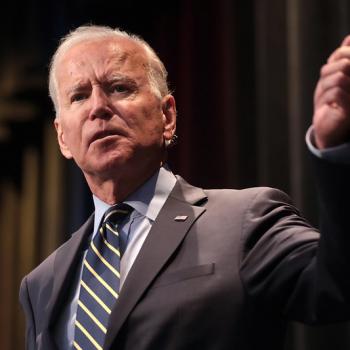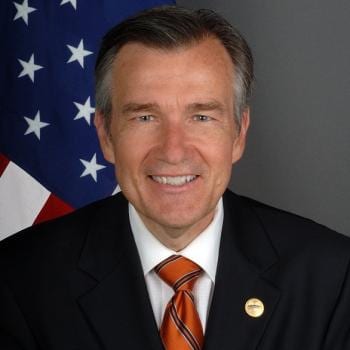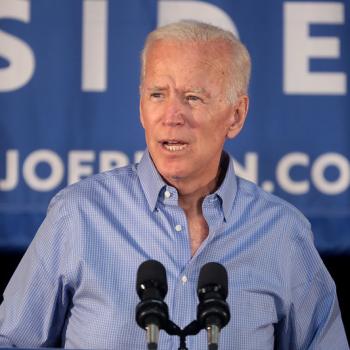As a New York Times columnist puts it: “For the first time in American history, a major political party may be choosing between two leading presidential candidates neither of whom is Protestant. If current polling holds through the Jan. 3 Iowa caucuses and beyond, the Republican nomination will come down to a choice between a Latter-day Saint, or Mormon, and a Roman Catholic.”
What are the implications of that? Read on:
On the one hand, the Mitt Romney/ Newt Gingrich showdown — which, given the fickleness of primary voters, could soon seem as passé as Rick Perry/Herman Cain — testifies to Americans’ pluralist ideals. American voters, even religious Protestants, do not require that their president be Protestant, or born-again, or even a regular churchgoer. So long as a candidate makes bland, predictable affirmations of religious faith, he or she has adequately punched the religion card.
The New York Times/CBS News poll conducted Nov. 30 to Dec. 5 found that of seven Republicans in the race, the two Mormons — Mr. Romney and Jon M. Huntsman Jr. — were in the bottom three of evangelical Christians’ preferences in Iowa. Mr. Romney was fifth, with 10 percent of evangelicals saying they would support him on Jan. 3; the former Pennsylvania senator Rick Santorum, who is Catholic, was sixth, with 6 percent; and Mr. Huntsman got 1 percent support.
Mr. Huntsman and Mr. Santorum have been laggards throughout the campaign season, so there is nothing surprising about their poor poll numbers. But Mr. Romney has steadily been among the top candidates, and the fact that evangelicals give Mr. Gingrich more than three times the support they give him — 33 percent to Mr. Romney’s 10 percent — calls for some explanation.
After all, Iowa evangelicals are famously supportive of family-values Christians; four years ago, they helped deliver a victory to Mike Huckabee, the folksy pastor and former Arkansas governor. But in his public life Mr. Gingrich has demonstrated the sort of family values that evangelical voters might be expected to reject. In 1980, Mr. Gingrich left his wife of nearly 20 years, the former Jackie Battley, for Marianne Ginther, with whom he was having an affair. In 1981, Mr. Gingrich married Ms. Ginther, but he later left her for Callista Bisek, with whom he had been having an affair for several years. They married in 2000.
The third Ms. Gingrich is a Catholic, and in 2002, Mr. Gingrich asked the Catholic Archdiocese of Atlanta to annul his second marriage on the ground that the former Ms. Ginther had been previously married. “We were married 19 years, and now he wants to say it didn’t exist,” she told The Atlanta Journal-Constitution.
In 2009, Mr. Gingrich converted to Catholicism. It is not clear if he ever tried to have annulled his first marriage, which, if between two baptized Christians, would be considered valid by the Catholic Church. Mr. Gingrich’s spokesman, R. C. Hammond, could not be reached by telephone and did not reply to e-mails.
Contrast that messy personal history with Mr. Romney’s squeaky clean, Huckabee-like profile. He has been married to the same woman, the former Ann Davies, since 1969. They have five sons.
Of course, Mr. Romney has his own image problems, including his more liberal record and accusations of flip-floppery.
But it seems possible that but for his Mormon faith he would be doing better among Iowa evangelicals, especially against Mr. Gingrich.
Randall Balmer, who teaches American religion at Barnard College, offers two explanations for the support gap. First, he says, one should not underestimate the evangelicals’ suspicion of Mormonism. “They do see it as a cult, and the Mormons have not been able to overcome that,” Dr. Balmer says.












